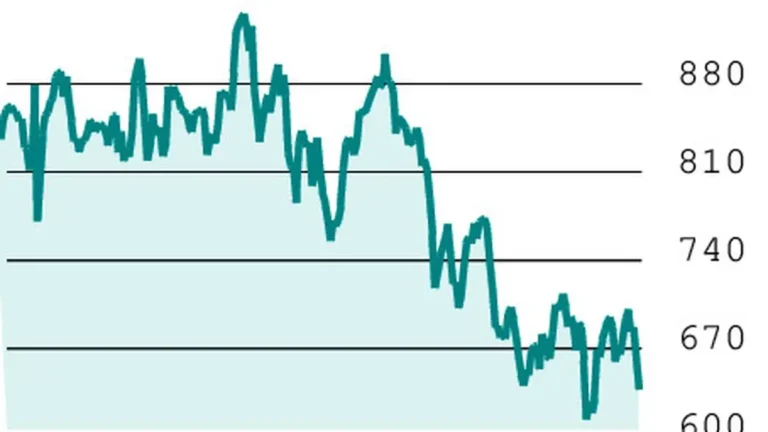New Delhi, May 13 (KNN) Industry body ASSOCHAM has called for comprehensive reforms in national and state-level policies to ease the regulatory burden on MSMEs across India.
In its latest knowledge paper ‘Ease of Doing Business in the States’, the organisation highlighted significant challenges facing small businesses, including construction approval delays, land-use conversion complexities, taxation issues, logistics barriers, and restrictive labor laws.
These challenges are further exacerbated by inconsistent state-specific administrative practices that create a fragmented regulatory landscape.
Among key recommendations, ASSOCHAM proposed authorising third-party technical licensors to issue construction permits, noting that government approvals for building permits and occupancy certificates strain regulatory capacity without significantly enhancing safety.
The industry body also advocated for broadening the classification of the white category or non-polluting industries, pointing out that low-polluting sectors like garment manufacturing are frequently misclassified as highly polluting due to gaps in Central Pollution Control Board categorisation.
The paper acknowledged progress in some states, noting that Karnataka, Haryana, and Madhya Pradesh have already expanded their white category industry listings.
ASSOCHAM Secretary General Manish Singhal emphasised the actionable nature of their recommendations, stating, “Strengthening single-window clearance mechanisms through robust digital infrastructure emerges as a critical step in easing compliance burdens. Equally important is the push for sustainable industrial practices, including innovative measures like incentivising wastewater recycling.”
Labour law reform featured prominently in the recommendations, with ASSOCHAM underscoring the need for changes to enhance workers’ earning potential.
“Simplifying regulations and removing prohibitive laws can create a more inclusive labour market. Such reforms not only improve income levels for all workers but also contribute to a more diverse and productive workforce,” the paper stated.
The organisation also proposed significant reforms to the GST registration process to facilitate smoother onboarding of MSMEs.
According to the paper, vague grounds are often cited for registration rejections or clarifications, such as non-mandatory notarisation of rental agreements and document legibility issues, with interpretations left to officers’ discretion, often necessitating physical visits to GST Suvidha Kendras and extending approval timelines.
ASSOCHAM noted that businesses, particularly online sellers, face additional burdens by having to register a Principal Place of Business in every operational state and endure three to four-week waits for Additional Place of Business amendments, substantially increasing compliance and administrative costs.
To address these issues, the industry body proposed limiting the number of documents and clarifications that can be requested during GST registration, with additional requirements needing approval from designated independent authorities.
Furthermore, ASSOCHAM recommended implementing a multi-state registration module similar to the US Streamlined Sales Tax Registration System, enabling businesses to submit one registration application to each participating state.
(KNN Bureau)















